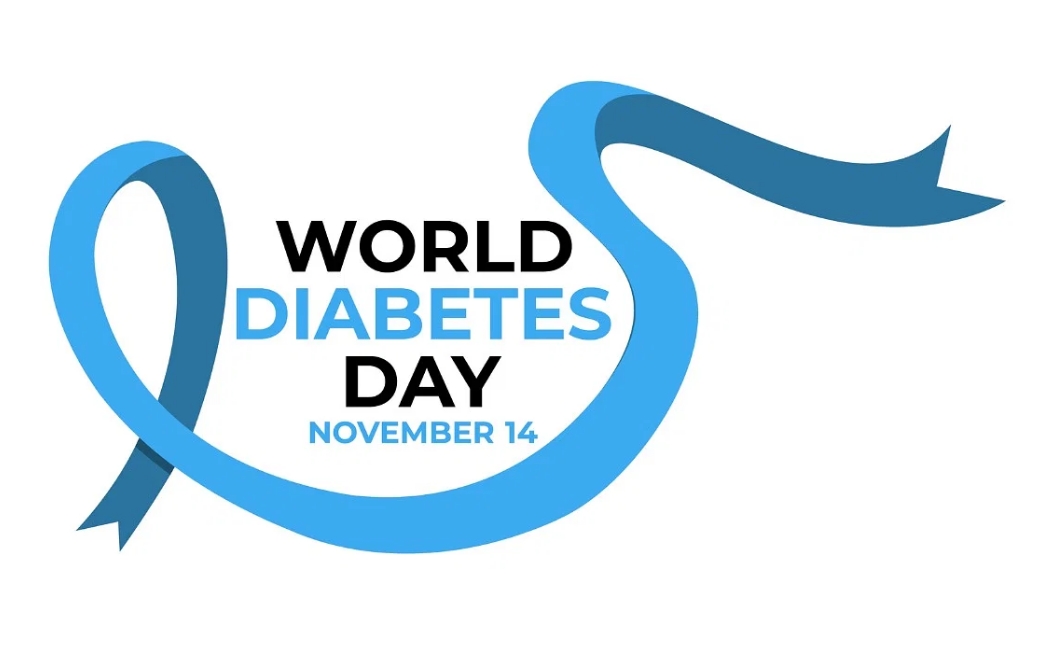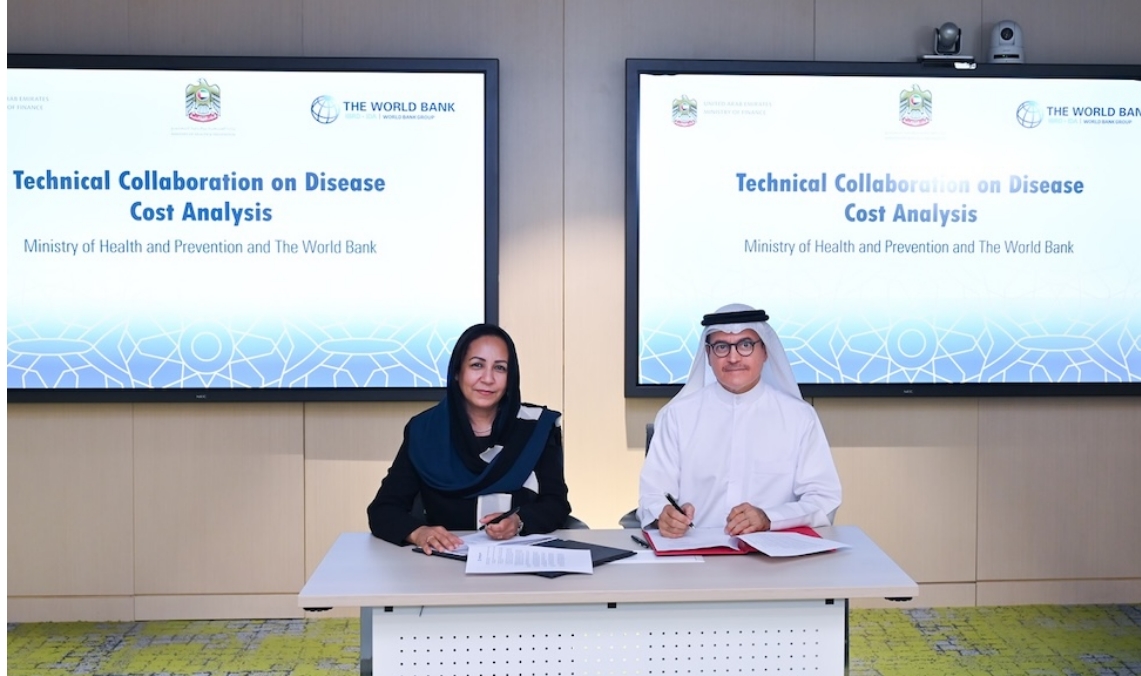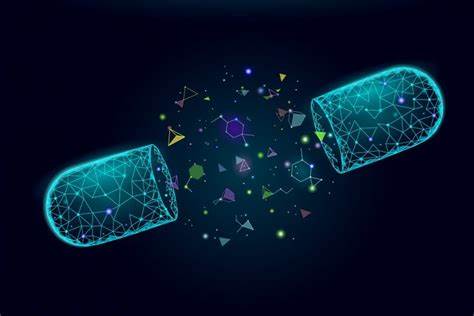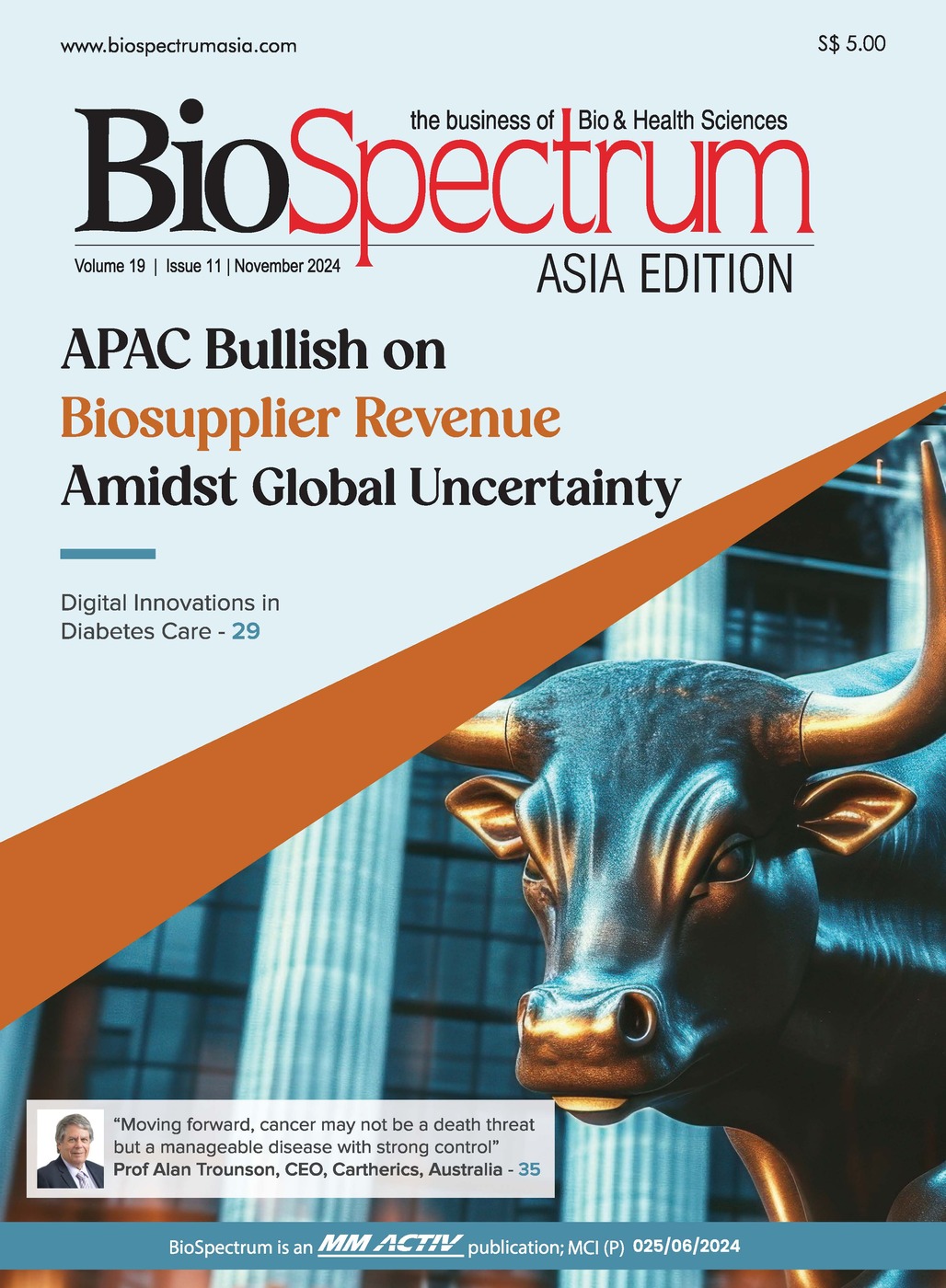Agilent Technologies showcases Cancer Research Innovations at AACR 2017
03 April 2017 | News | By BioSpectrum Bureau
Agilent Technologies showcases Cancer Research Innovations at AACR 2017
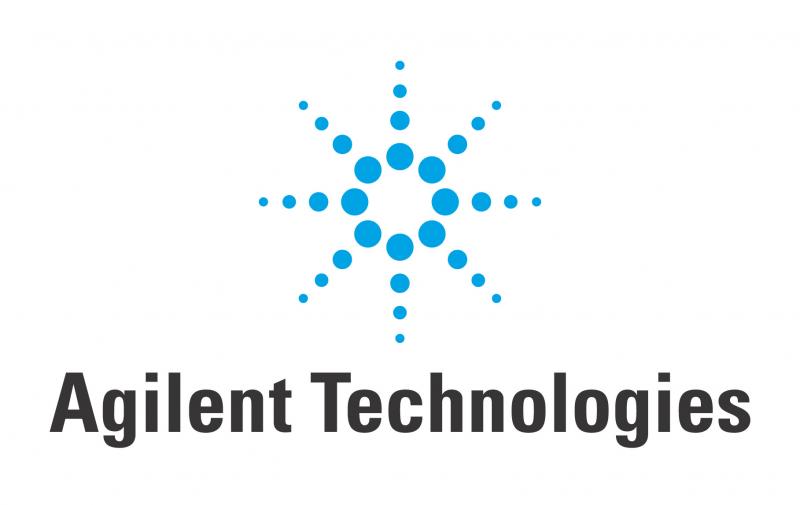
Agilent Technologies has recently announced that it will showcase some of its most recent technological advances in the areas of cell analysis and genomics at the AACR Annual Meeting 2017, being held April 1 - 5, 2017 in Washington, D.C.
Agilent will preview its newest next-generation sequencing (NGS) library prep solution - SureSelectXT HS providing the first complete target enrichment solution, from quality control to target enrichment to analysis and interpretation, that is optimized for low-input formalin-fixed, paraffin-embedded (FFPE) samples.
Additionally, SureSelect XT HS incorporates molecular barcodes, which improves precision and produces higher complexity libraries on a wide range of tissue types.
Rebecca Brandes, global marketing director for Cancer Genetics at Agilent Technologies said, "With SureSelectXT HS, researchers will now be able to sequence deeper and achieve greater sensitivity, increasing confidence in their results. Molecular barcodes increase variant calling accuracy, reduce false positive calls and improve data quality overall."
Also on show at AACR will be the new Agilent Seahorse XF Glycolytic Rate Assay. This innovative assay is as accurate as a lactate assay, but provides more by reporting real time changes in both central cellular metabolic pathways, enabling the identification of how and when metabolic switches such as the Warburg effect occur. This ability to delineate the different energy pathways used by various tumors will help research scientists develop novel approaches to inhibit cancer cell survival and growth.
David Ferrick, Ph.D., senior director of the Cell Analysis Division at Agilent Technologies said, "Cancer cells can be dependent on pathways fueled by specific substrates for survival or proliferation, offering an opportunity to identify and confirm metabolic liabilities as therapeutic targets. The Agilent Seahorse XF assay platform enables the study of metabolic pathways and fuels that cancer cells depend on to generate energy."


